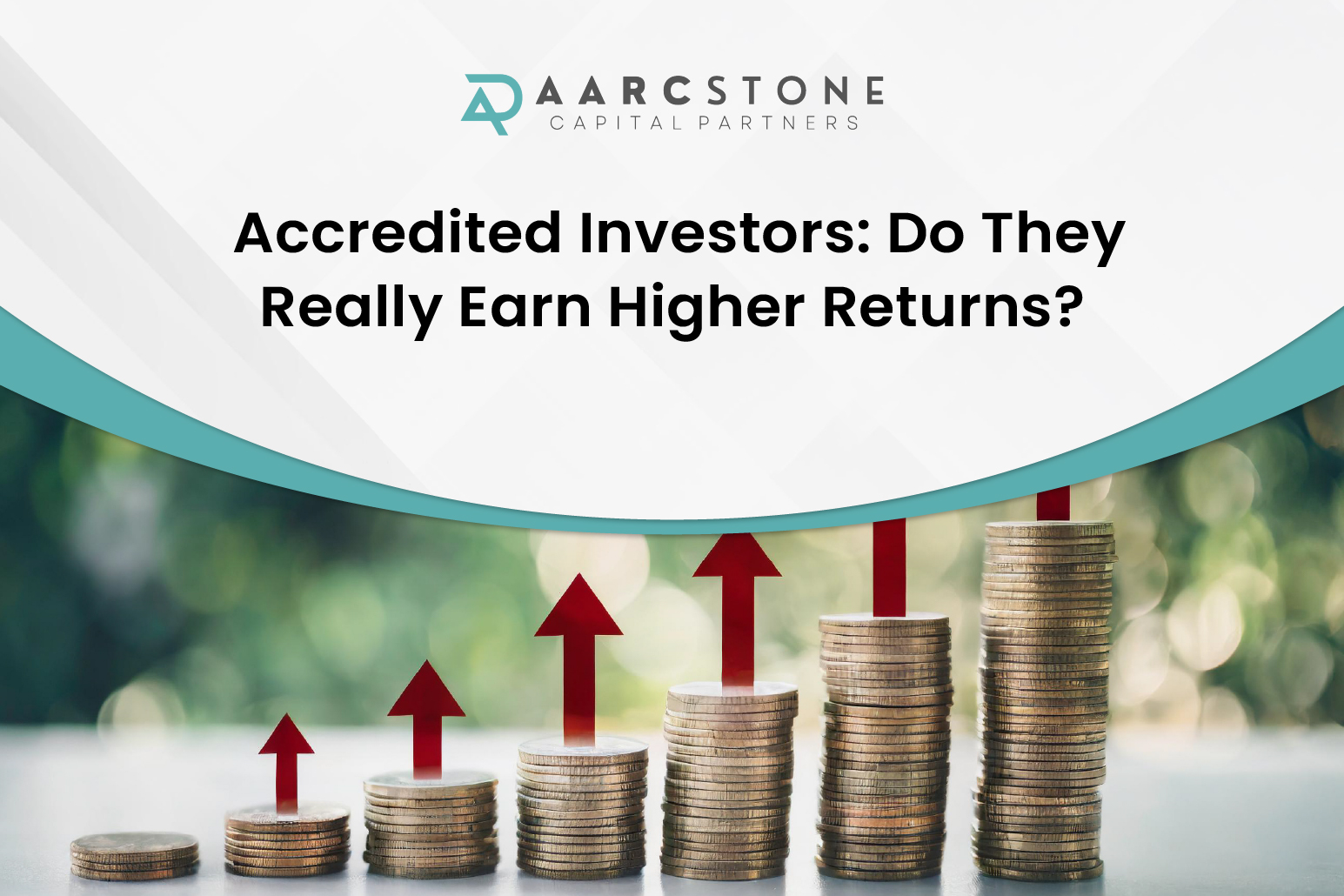
Investing is a game of risk and reward, but accredited investors often have access to exclusive opportunities that promise higher returns. With unique privileges such as private equity, hedge funds, and venture capital, many assume these investors outperform the general market. But is that the case? Let’s dive into the reality of being an accredited investor and whether it leads to higher earnings.
Who Qualifies as an Accredited Investor?
An accredited investor is an individual or entity that meets specific financial criteria set by the U.S. Securities and Exchange Commission (SEC). As of 2024, an individual must meet one of the following conditions:
Have an annual income of at least $200,000 ($300,000 for joint filers) for the past two years and a reasonable expectation of the same income level.
Possess a net worth of at least $1 million, excluding the primary residence.
Hold specific financial professional certifications such as Series 7, Series 65, or Series 82.
The Benefits of Being an Accredited Investor
Accredited investors gain access to various lucrative investment opportunities unavailable to the general public. Some of the key advantages include:
1. Exclusive Investment Opportunities
Accredited investors can invest in private equity, hedge funds, and venture capital, which are unavailable through traditional stock markets. These investments often have high return potential.
2. Higher Returns Potential
Private market investments historically provide higher returns than public markets. Hedge funds, early-stage startups, and real estate syndications can deliver significant gains, albeit with higher risk.
3. Diversification Beyond Stocks & Bonds
Accredited investors can diversify their portfolios with non-traditional assets such as private debt, real estate funds, and commodities, reducing overall portfolio volatility.
4. Access to Early-Stage Investments
Startups and pre-IPO companies often provide accredited investors with an opportunity to invest at a lower valuation, potentially yielding massive gains if the company scales successfully.
5. Tax Benefits & Wealth Optimization
Many accredited investments come with tax advantages, such as deferred capital gains, tax-advantaged real estate depreciation, and opportunity zone benefits.
Do Accredited Investors Earn Higher Returns?
While accredited investors have access to high-return opportunities, their actual returns depend on several factors:
Market Conditions: Economic downturns can significantly impact private investments.
Investment Selection: Choosing the right hedge fund or startup is crucial; not all opportunities are equally rewarding.
Risk Appetite: Accredited investments are higher risk, and many ventures fail.
Investment Horizon: Private market investments often require long-term commitment before yielding returns.
Credited investors who diversify and conduct thorough due diligence tend to outperform standard index funds. However, a passive investor in high-fee private funds may not necessarily earn more than a disciplined public market investor.
Get Started Today!
Want to learn more about how multifamily syndication can help you build wealth? Book a call with our experts today: Click here.
Why Choose Aarcstone Capital Partners?
At Aarcstone Capital Partners, we help busy professionals build wealth through strategic multifamily investments. Our approach includes:
- Identifying high-performing markets
- Conducting deep due diligence
- Actively managing assets to maximize returns
We do the heavy lifting—so you can focus on building financial freedom with multifamily real estate without sacrificing your time or peace of mind.
Ready to Explore Multifamily Investment Opportunities?
